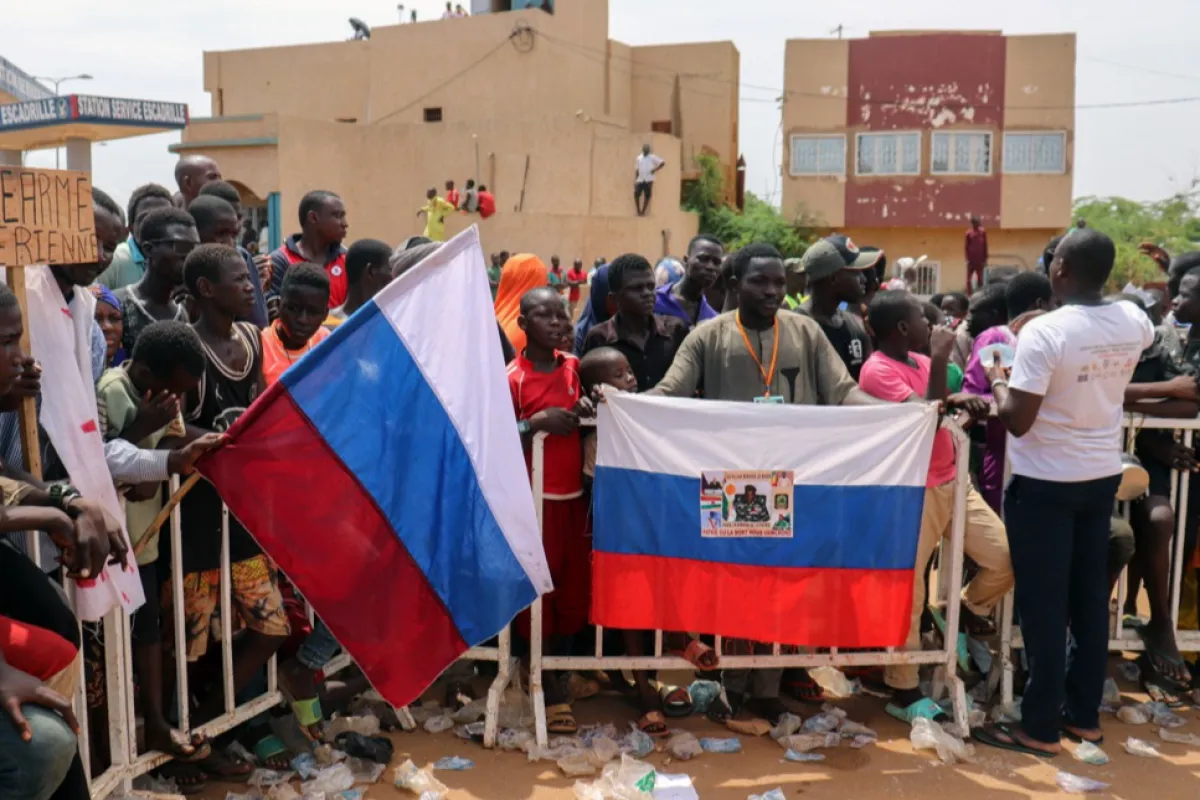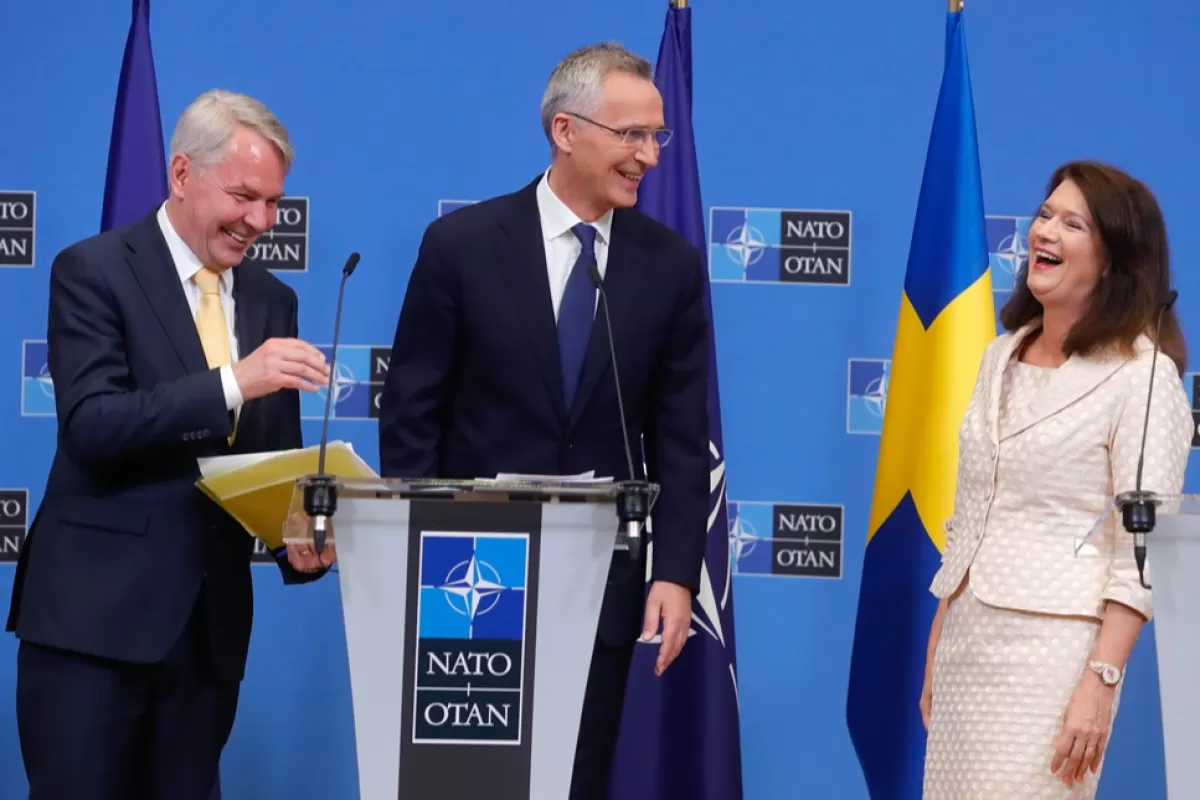
Ioana Dumitrescu started to work as a journalist in the early ‘90s, at Radio Delta RFI. Since 1994 she works in the News, Current Affairs and Sports department of the Romanian Public TV.
During the Kosovo war, she was chosen out of a pool of hundreds of journalists to accompany Holocaust survivor Eli Wiesel while he visited the refugee camps in Macedonia. In 1999 she became a CNN correspondent, without leaving the Romanian Public TV. She followed that with a stint as an OSCE press officer in Sarajevo, and then she returned to the Public TV.

At home, Donald Trump could adopt certain illiberal measures. At international level, we could see new policies towards Russia and Ukraine, a trade war with China, tensions with Europe and an escalation in the Middle East.

Polls show there is no clear frontrunner in the race between Kamala Harris and Donald Trump. Both candidates are now focusing on the “swing” states, which will decide the next US presi-dent.

Huge amounts of money are spent in election campaigns overseas, which is far too much, even for Americans.

The victory of the pro-independence candidate in the Taiwan elections complicates once again China-USA relations. China’s economic difficulties, the elections in the USA and the crisis in Yemen can however prevent an escalation.

Joe Biden and Xi Jinping agreed, among other things, to establish a direct line of contact. It is a step forward in the bilateral relationship, after years of tensions.

Viktor Orbán’s aggressive speech delivered in the Hungarian Parliament is evidence of Hungary’s lack of solutions to an economic crisis amplified by Orbán’s own policy-making, as well as of its growing isolation at EU and NATO levels.

Russia uses Wagner mercenaries to undermine the influence of the West in Africa. The latest country that appears to be leaning towards Moscow is the US's main regional partner, Niger.

Limiting the prerogatives of the Israeli Supreme Court is interpreted by the opposition as a judicial coup. A kind of Ordinance 13, the Hebrew version.

Russian-Chinese relations appear to be flourishing. But Beijing is looking for its own interests: it wants to attract the countries of Central Asia into its orbit and could even aim to recover Outer Manchuria.

Russia’s aggressiveness in Europe has prompted several countries to renounce their neutrality or to rethink this concept. The question to ask is if the neutrality status is a naïve strand of pacifism or a strategy, which many are now reworking.

For Europe to evade the Russian threat, Russia needs to slip into a period of instability once Putin is gone, says Vladimir Socor. In an interview to Veridica, Vladimir Socor says the early signs of post-Soviet expansionism became transparent in the 1990s, also referring to Ukraine’s chances in the current war.

Declassified documents presented by Romanian intelligence prove that Călin Georgescu is supported by a state actor. The state in question is not named, but its actions are similar to operations previously carried out by Russia.

The first "shots" have already been fired: the EU is preparing taxes for the Chinese electric ve-hicles, and Beijing is investigating European subsidies for some products exported to China.

From the USA to China and Russia, from India to the Middle East, political leaders are over 70. Can they still make use of their experience to their advantage, or are they unable to adapt and have thus become a source of problems?

Eight months into the war, Israel has not achieved its goals in Gaza amidst growing international pressure. Prime Minister Netanyahu is risking his future political career whether he chooses peace or to continue the war. Opting for peace could eliminate the risk of Israel's isolation.

Xi Jinping visited Europe to project the image of a strong China and announce investments in Serbia and Hungary, both pro-Russian countries. Later, Xi welcomed Putin to Beijing and promised him the help of China, which shares with Russia the vision of a "multipolar" world. But the visit seems, at least for now, to have had fewer concrete results than Xi's visit to Europe.

Bosnia and Herzegovina will start EU accession negotiations 30 years after the end of the civil war. The country has made little progress since, and the Serbs – backed by the Russians – are threatening secession.